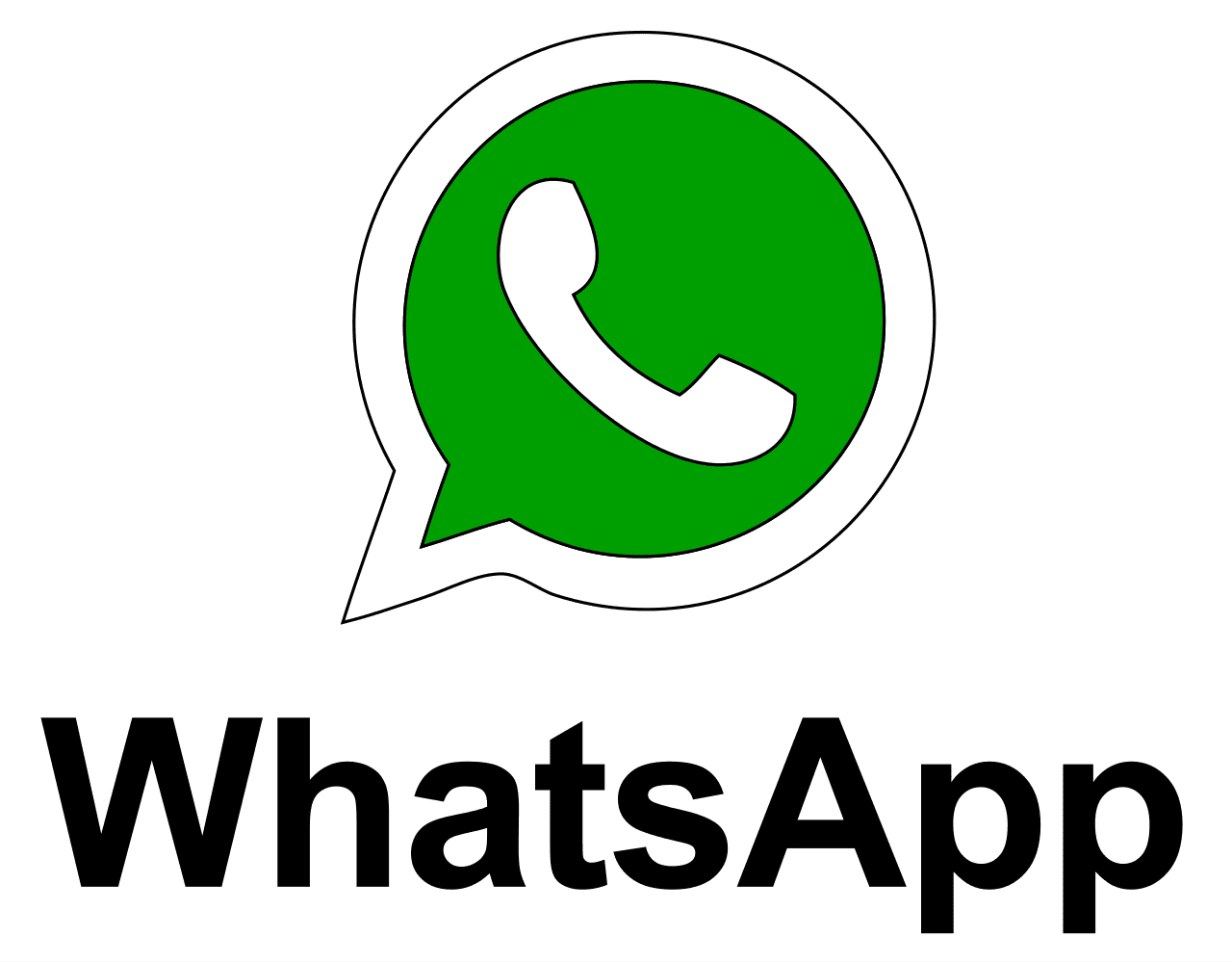WhatsApp is one of the most rapidly evolving and exciting apps on the market. The platform recently launched several new features for iOS users, such as status search, notification extension, and suspicious link detection. And with more than 1.5 billion users, WhatsApp is also arguably the most popular messaging app in the world. These points are all well and good, but does WhatsApp matter to advertisers?
Short answer: yes.
As I discuss in a new Adweek Social Pro Daily column, Facebook is making some big moves to monetize WhatsApp. For instance, the newly released WhatsApp Business API (application-programming interface) will make it easier for companies to communicate with current and potential customers through end-to-end encrypted messages. Businesses will now be able to send customized notifications with relevant non-promotional content such as shipping confirmations, appointment reminders, or event tickets, all at a flat rate. According to Sale Stock, a company that uses WhatsApp to deliver product recommendations, order updates and customer service, customers read 90 percent of delivered messages.
My column discusses in more detail how and why Facebook is monetizing WhatsApp. Meanwhile, I believe businesses need to understand how WhatsApp can help them improve both their branding and online commerce strategies. Consider this: people spent 85 billion hours in WhatsApp in the past three months — versus 31 billion in Facebook.
Although Facebook Messenger has a larger base of users in the United States, WhatsApp dominates the messaging app space in countries like Malaysia, Singapore, Spain, Turkey, Brazil, Chile, and Mexico. In those countries, users rely on WhatsApp to share pictures, videos, as well as breaking news. As I discussed in a previous column, WhatsApp is also used around the globe for informal business, connecting local buyers with sellers.
Local businesses in the tourism and restaurant industries are already adopting this tool to connect with customers and prospects. Larger business-to-business and business-to-consumer companies (especially those with interests in the markets mentioned above) should consider implementing WhatsApp in their business development and PR efforts, as the app’s popularity seems to be as high as its potential of driving business.
WhatsApp is wide open for businesses. Contact True Interactive to learn how you can win on WhatsApp.
